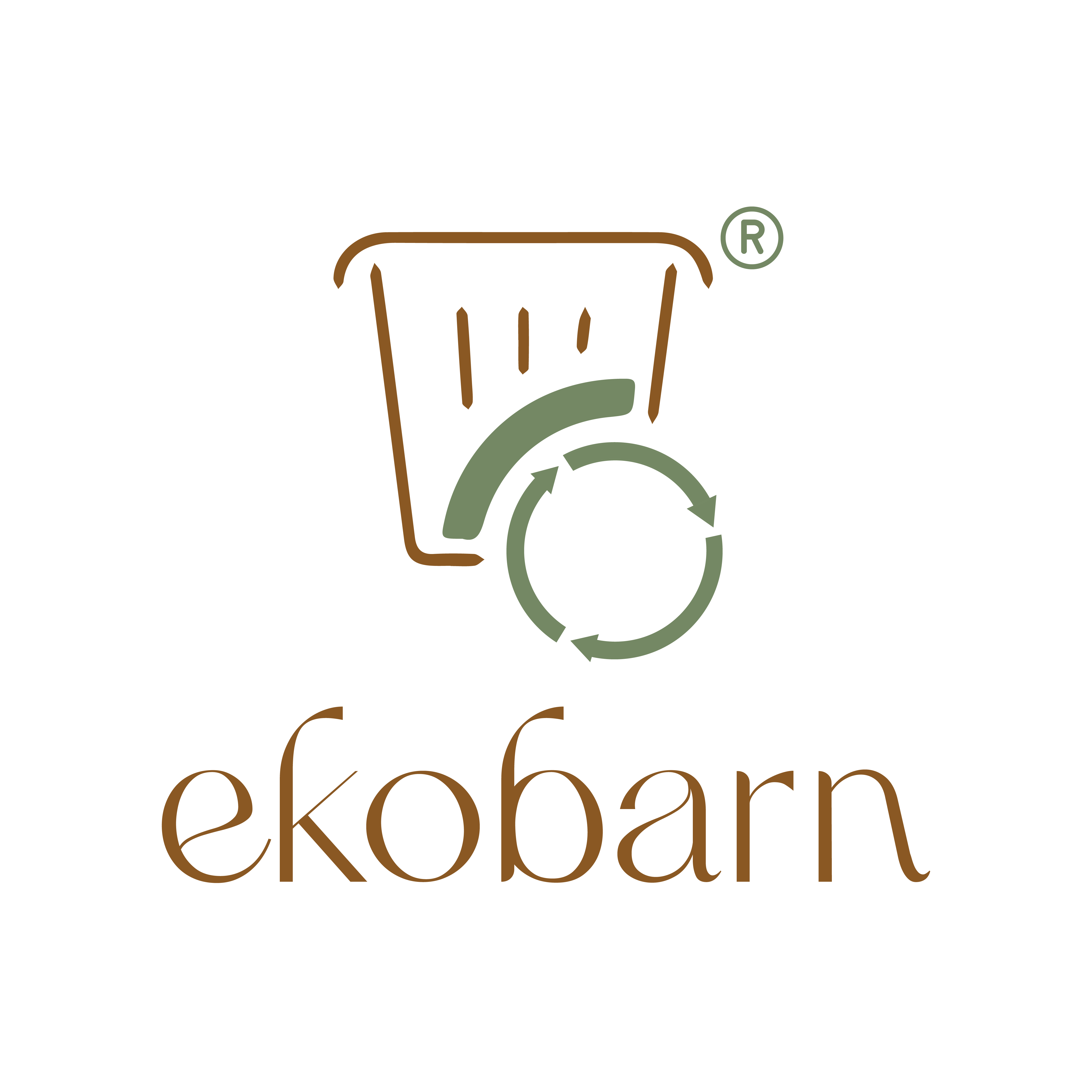Don't Sweat the Heat: Embrace the Benefits of Cold Composting
- Ekobarn

- Feb 15, 2024
- 2 min read
Updated: Feb 17, 2024
Dreaming of rich, dark compost but worried your pile isn't generating enough heat? Breathe easy, fellow gardener! Cold composting, despite its name, is a perfectly valid and often preferred method, even if your bin feels more like a fridge than a sauna.
Let's bust some myths and explore the wonderful world of cool compost.

What is Cold Composting?
Think of it as nature's slow cooker. Unlike its hot counterpart, where microorganisms crank up the heat, cold composting takes a laid-back approach. Bacteria and fungi munch on your organic scraps at their own pace, resulting in a breakdown process that takes longer (6 months to a year or more) but requires less work from you.
Why Choose Cold Composting?
Low Maintenance: Toss in your kitchen scraps and yard waste, and that's it! No need for constant turning, temperature monitoring, or precise ingredient ratios. Perfect for busy gardeners or those who prefer a "set it and forget it" approach.
Nutrient Retention: The slower decomposition preserves more nutrients, enriching your soil with a wider range of goodies for your plants.
Appeasing the Neighbors: No hot composting means no unpleasant odors or steam, keeping both your nose and your neighbors happy.
The Heat is On (or Not): Why You Shouldn't Worry
So, your compost pile isn't a geothermal wonder. Don't fret! Here's why:
Cool Doesn't Mean Inactive: Even at lower temperatures, microorganisms are diligently decomposing your materials. It's just a slower, steadier process.
Focus on the Basics: The key ingredients for successful composting are moisture, aeration, and a balanced mix of "greens" (nitrogen-rich) and "browns" (carbon-rich). Get those right, and the heat will (gradually) come.
Location Matters: Placing your bin in a partially shaded area can help retain moisture and moderate temperature fluctuations.

Tips for Thriving Cold Composting:
Chop it Up: Smaller pieces decompose faster. Give your microorganisms a helping hand by breaking down larger materials.
Water Wisely: Your compost pile shouldn't be soggy, but it shouldn't be bone-dry either. Aim for the moisture content of a wrung-out sponge.
Turn Occasionally (Optional): While not essential, an occasional turn can aerate the pile and speed things up. But remember, even without turning, your compost will eventually turn into gold!
Remember: Patience is key with cold composting. Enjoy the process, trust nature's timing, and soon you'll be rewarded with beautiful, nutrient-rich compost that will make your garden sing. So relax, composters, and let the cool breakdown begin!
